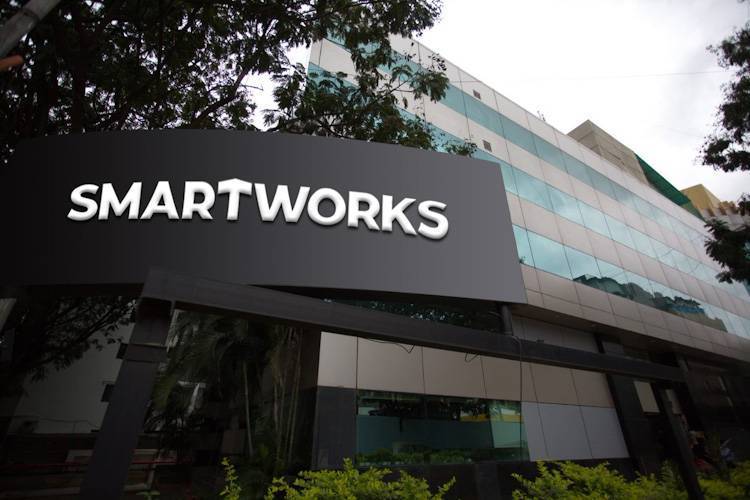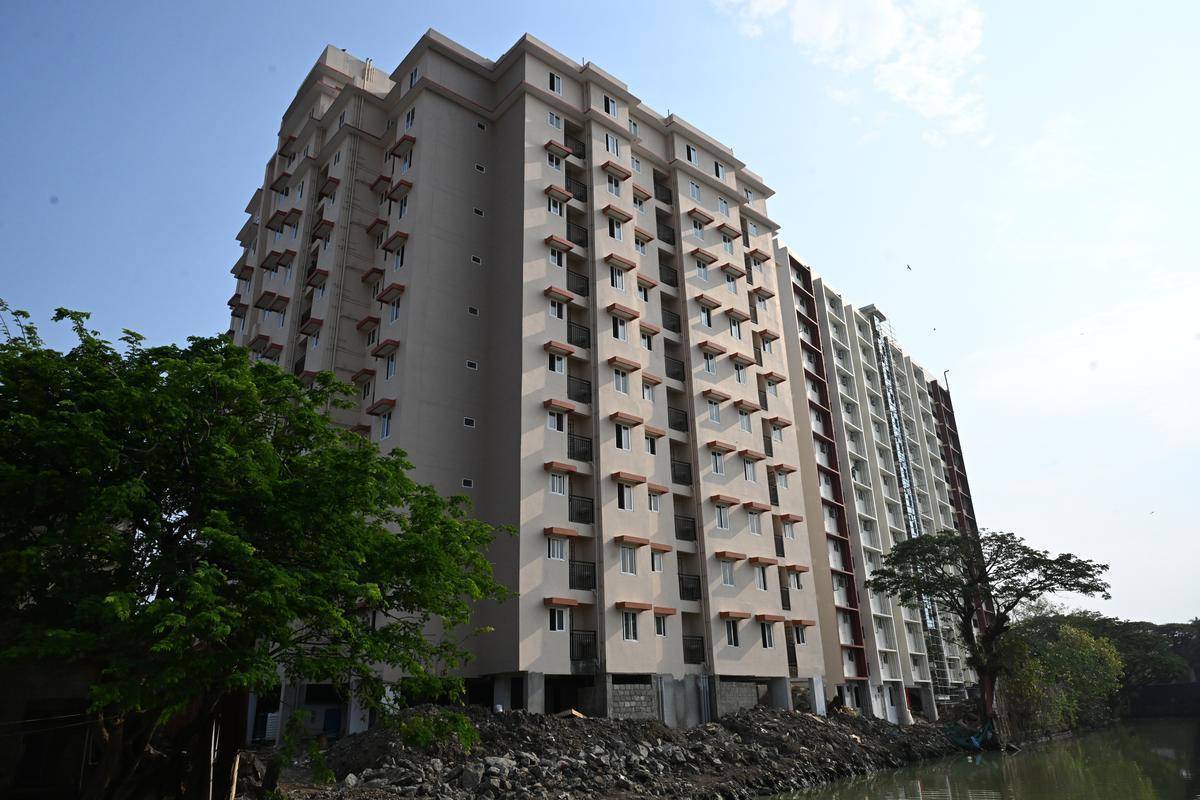In a significant development, the Enforcement Directorate (ED) has provisionally attached assets worth ₹678 crore belonging to the Avantha Group, owned by businessman Gautam Thapar. This attachment is part of a broader investigation into a ₹2,435 crore loan fcase under the Prevention of Money Laundering Act (PMLA). The assets include immovable properties located in Maharashtra, Haryana, and Uttarakhand.
The ED’s action follows a First Information Report (FIR) filed by the Central Bureau of Investigation (CBI) based on a complaint from a consortium of banks led by the State Bank of India (SBI). The complaint, filed on June 22, 2021, alleges that CG Power and Industrial Solutions Limited, a firm linked to Thapar, was involved in questionable dealings that severely impacted the financial standing of the banks involved.
Background of the Case
The case has its roots in disclosures made by CG Power and Industrial Solutions Limited under Regulation 30 of the Securities and Exchange Board of India (SEBI) (Listing Obligations and Disclosure Requirements) Regulations, 2015. On August 19, 2019, the company revealed to the Bombay Stock Exchange (BSE) and the National Stock Exchange (NSE) that its assets and liabilities had been significantly understated. The disclosure further alleged that advances to related and unrelated parties were also understated and that the firm was made a co-borrower or guarantor to facilitate loans that were subsequently diverted without due authorization.
These revelations led to a serious scrutiny of the company’s financial dealings by its lender banks. The findings suggested that funds were being siphoned off to Avantha Group firms, which raised red flags about the financial integrity of the company and its leadership.
Details of the Alleged Investigation
The CBI's investigation uncovered a complex network of financial transactions aimed at diverting ₹2,435 crore from a consortium of banks. Central figures in the alleged scheme include Gautam Thapar, along with other executives such as KN Neelkanth, Madhav Acharya, B Hariharan, and O Goswami. The investigation indicates that these individuals played a significant role in channeling funds from CG Power to various entities within the Avantha Group. According to the ED, funds amounting to ₹1,307.06 crore were redirected to Avantha Group companies through questionable access to loans. Once disbursed, these loans were routed into the Avantha Group, with the funds remaining unpaid, leading to the provisional attachment of properties valued at ₹678.48 crore.
Legal Actions and Implications
This is not the first time the ED has acted against the Avantha Group in connection with this case. Earlier, the agency had provisionally attached assets worth ₹14.43 crore. Additionally, Madhav Acharya, a key managerial figure within the company, was arrested in January 2024 and subsequently charged with involvement in money laundering related to this case.
The attachment of assets is a significant step in the ongoing investigation, as it restricts the transfer or sale of these properties, thereby preventing the dissipation of ill-gotten gains. The ED’s action under the PMLA underscores the agency’s commitment to curbing financial crimes and bringing perpetrators to justice.
Broader Implications
The case against the Avantha Group is part of a larger crackdown on financial misconduct in India, particularly those involving high-profile individuals and large corporations. The ED’s move is likely to have far-reaching implications for the business community, especially in terms of increased scrutiny of financial dealings and a heightened focus on corporate governance.
For the Avantha Group, the attachment of assets poses a significant challenge, as it could hinder the company’s operations and financial stability. Moreover, it brings into question the governance practices within the company, which could lead to further investigations and legal challenges.
As the investigation progresses, more revelations are expected, which could potentially widen the scope of the case and involve other entities or individuals. The legal proceedings that follow will be closely watched, as they will set a precedent for handling similar cases of corporate misconduct in the future.
Image source- Pinterest









.png)